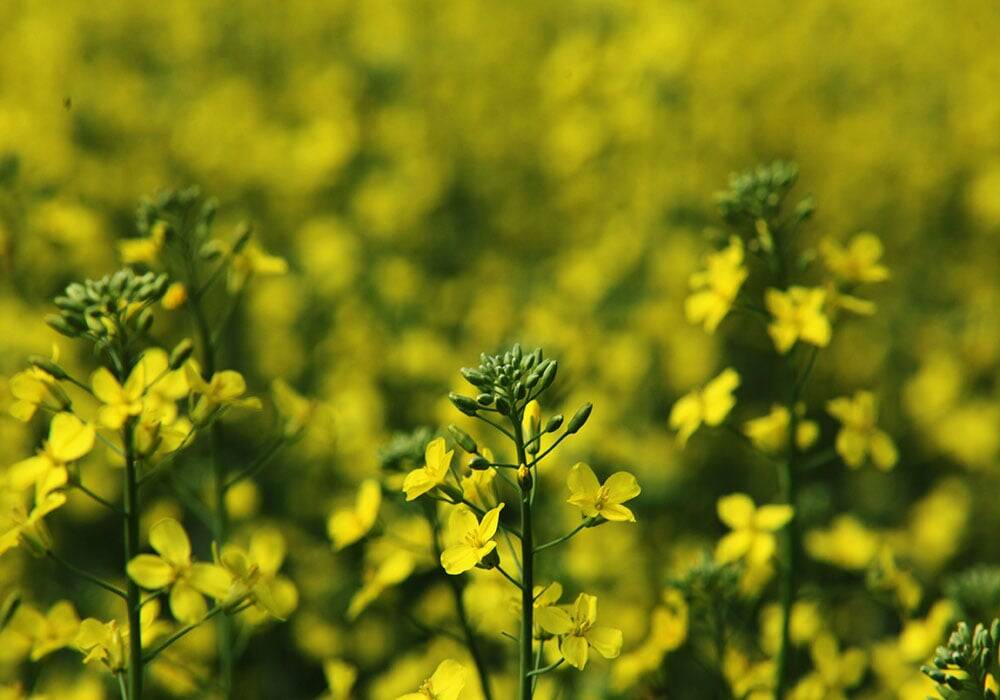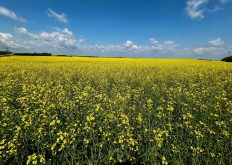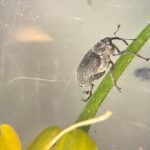Monsanto Canada says its dicamba-tolerant soybean product has received full food, feed and environmental release approval from Health Canada (HC) and the Canadian Food Inspection Agency (CFIA).
In a release Oct. 29, Monsanto said approval brings it one step closer to introducing dicamba-tolerance stacked with its Genuity Roundup Ready 2 Yield trait technology in soybeans. Plans are to commercially brand this biotech stacked soybean product as Genuity Roundup Ready 2 Xtend.
The next step is to notify Canadian regulatory authorities on the combined trait stack. This is expected to be completed by the end of this month.
Read Also

Canola industry pumped about 45Z clean fuel ruling in U.S.
Canada’s canola sector is pleased with the new 45Z guidance published by U.S. Treasury.
Monsanto said combining both dicamba and glyphosate tolerance in one product would give farmers the option of applying Roundup Weathermax herbicide and low-volatility formulations of dicamba, separately or as a tank mix. The company said it is also developing next-generation glyphosate and lower-volatility dicamba formulations to complement the new crop system.
"Our existing recommendations around sustainable weed management solutions in soybeans support the use of multiple modes of action as part of an integrated weed-management strategy," Derek Freitag, technology development lead in Eastern Canada, said in the release. "Incorporating the use of dicamba and glyphosate with the Genuity Roundup Ready 2 Xtend soybeans will support this strategy and will also provide farmers with a much-needed potential solution to help manage the glyphosate-resistant weeds that now exist in Canada."
Monsanto noted that populations of giant ragweed, common ragweed, and Canada fleabane have all been confirmed to have glyphosate resistance in Eastern Canada while glyphosate-resistant kochia has been confirmed in Western Canada.














